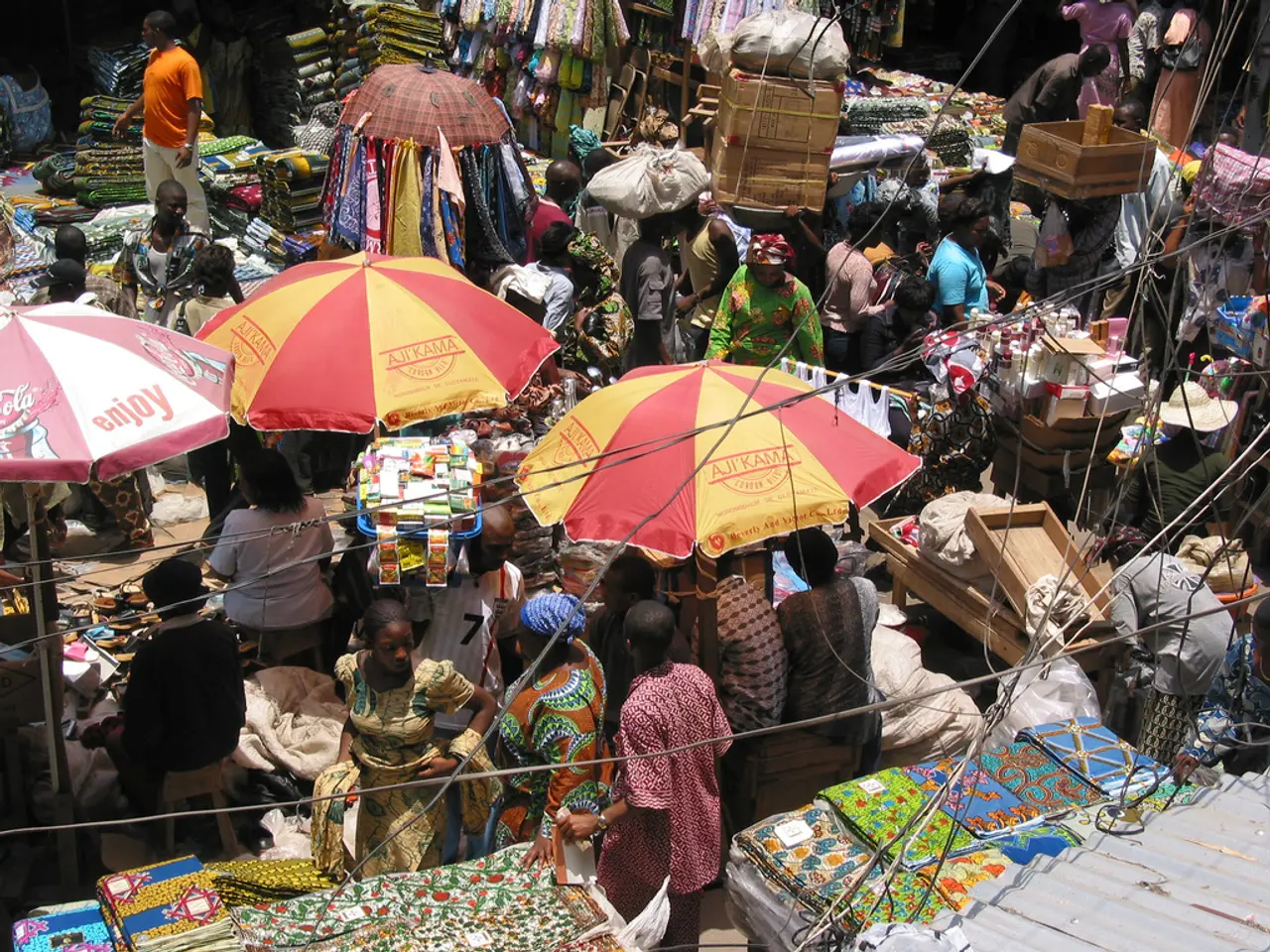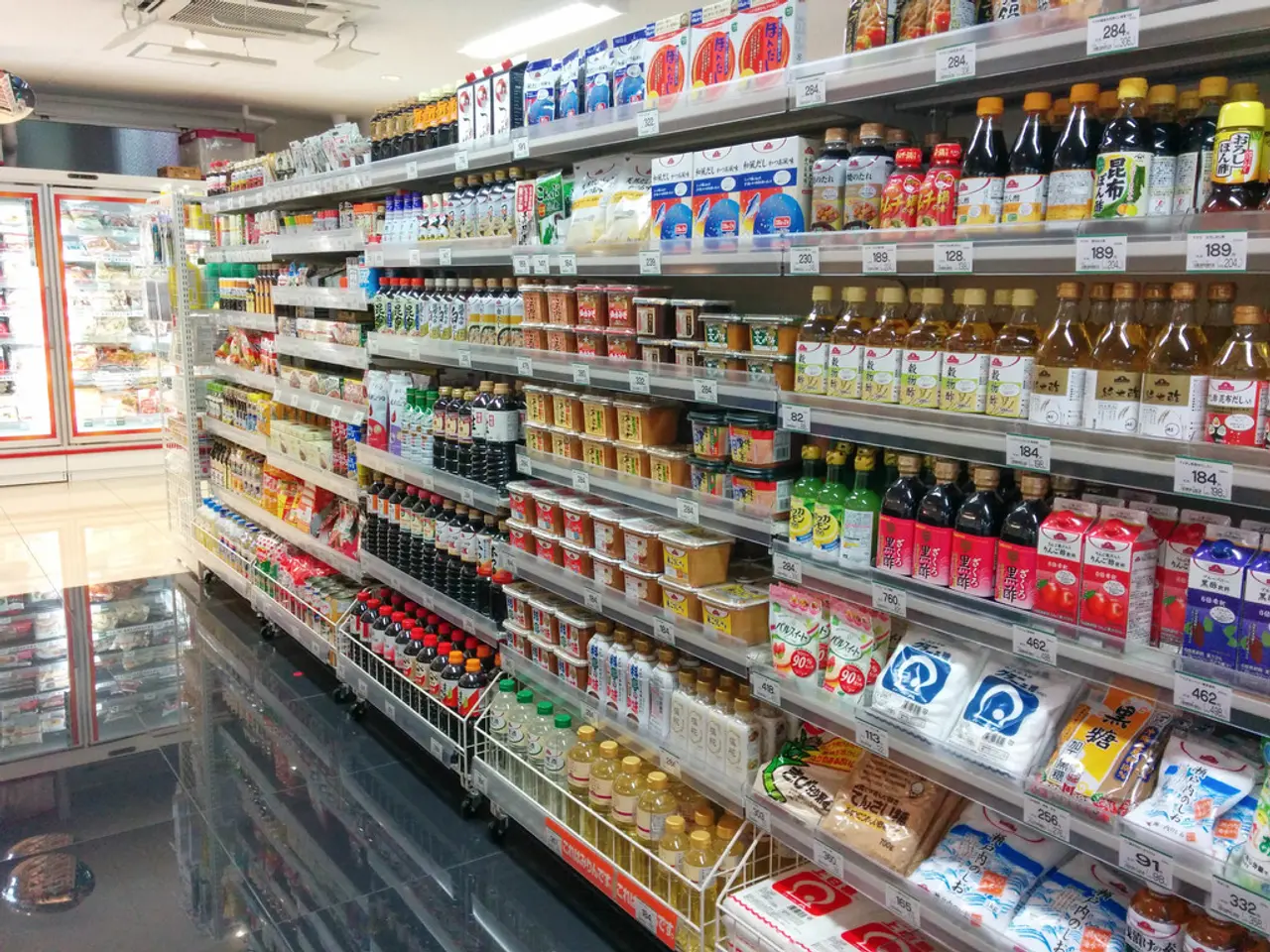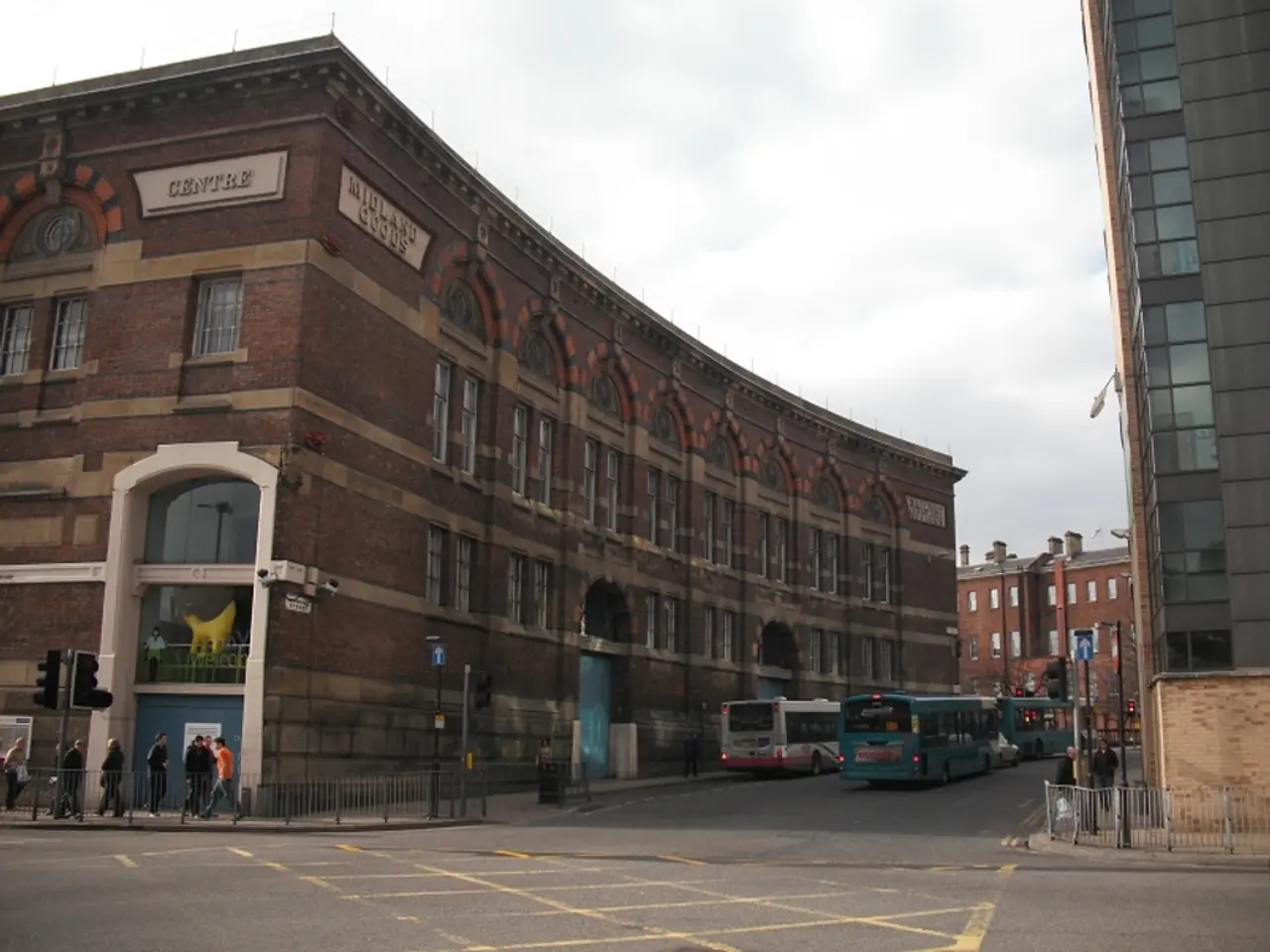Madeira's Economy Struggles: More Workers, Less Talk
Labor Shortage Persists in Madeira: Workforce Demand Remains High
José Manuel Rodrigues, the economy secretary, bluntly stated that the main issue plaguing Madeira's economy isn't a lack of investors—it's a scarcity of workers. This frank critique came during the debate on the 2025 Budget and Investment Plan of the Regional Government in Funchal [1][4].
To tackle the labor shortage, the government has earmarked substantial funds. For instance, €35 million is set aside to boost economic activities, with transportation subsidies budgeted at €7.6 million and the Operational Incentive System slated to receive €6 million [4]. These measures aim to alleviate problems faced by businesses due to their insular location [4].
Madeira's government isn't shying away from attracting immigrants to fill the labor gap. Rodríguez suggested a regulated and integrated immigration policy as a solution [4]. European funds, regional budget allocations, and additional credit lines are financing these support measures, including post-pandemic relief programs [4].
Private sector growth is another focus area, with the Madeira Government approving an Investment Plan worth €1.044 billion [2]. Tax reforms are a crucial part of this push, as they intend to lower both personal income tax (IRS) and corporate tax (IRC) rates, particularly for small and medium-sized enterprises (SMEs) [5]. Additionally, tax incentives for younger demographics are being maintained [5].
Port investments also play a key role in stimulating economic growth. For example, Madeira's ports will see substantial improvements, with €13 million allocated to projects in Caniçal and Funchal, aiming to accommodate larger vessels and reduce carbon emissions [4]. Porto Santo's marina will receive a €450,000 makeover to attract more maritime activity [4].
The Strategic Grain Reserve received €1 million to secure food supply chains, while the Madeira 2030 program, with a €156 million budget, supports long-term development goals that benefit both public initiatives and private enterprise [4].
In sum, the Madeira Government's 2025 Budget and Investment Plan target labor shortages by providing economic incentives, operational support, and infrastructure investments to create a more attractive environment for businesses and workers. Simultaneously, tax reductions and targeted incentives are designed to stimulate private initiative, especially among SMEs and younger demographics [1][2][4][5].
- In light of Madeira's struggle with a labor shortage, the government has planned to attract immigrants through a regulated and integrated immigration policy, as suggested by economy secretary José Manuel Rodrigues.
- To foster business growth and specifically target small and medium-sized enterprises (SMEs), the Madeira Government intends to lower both personal income tax (IRS) and corporate tax (IRC) rates, while maintaining tax incentives for younger demographics.




